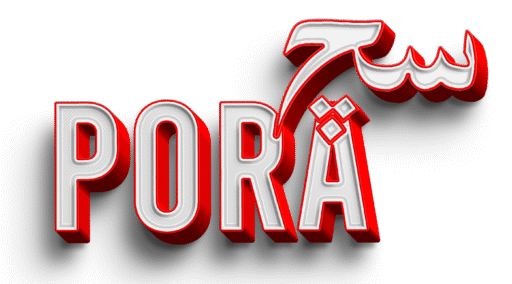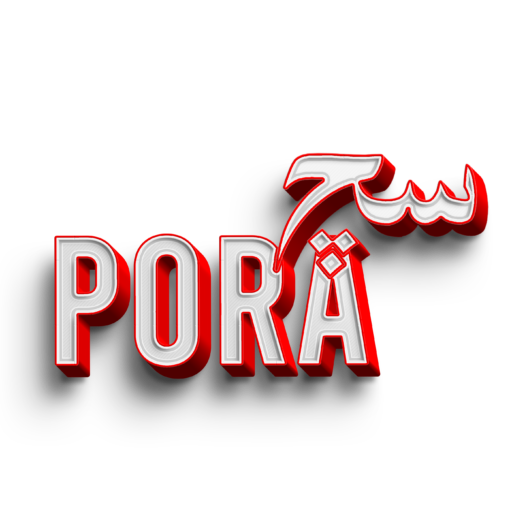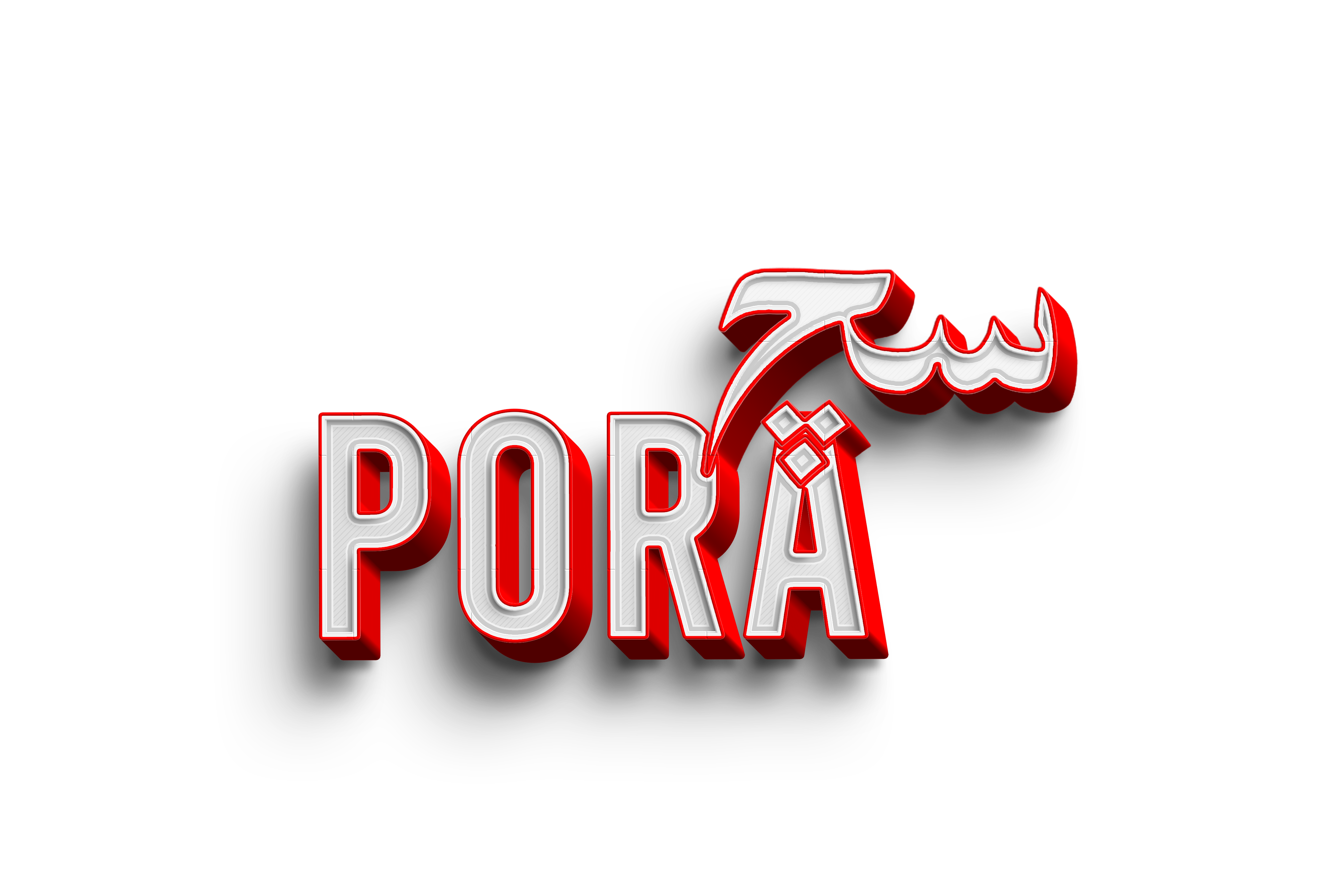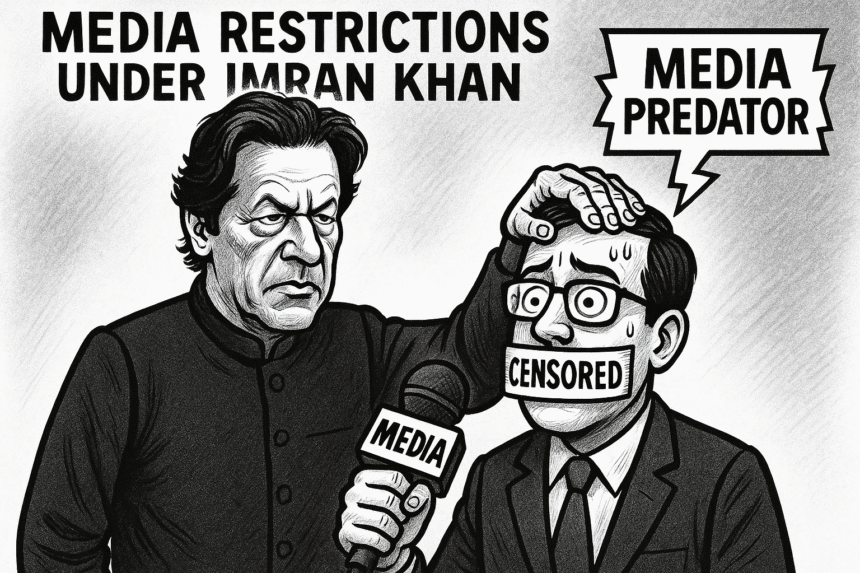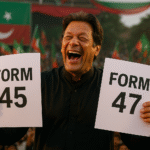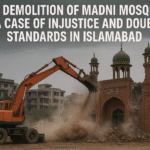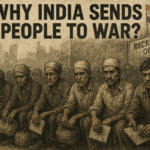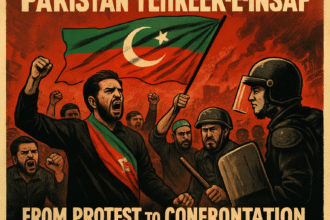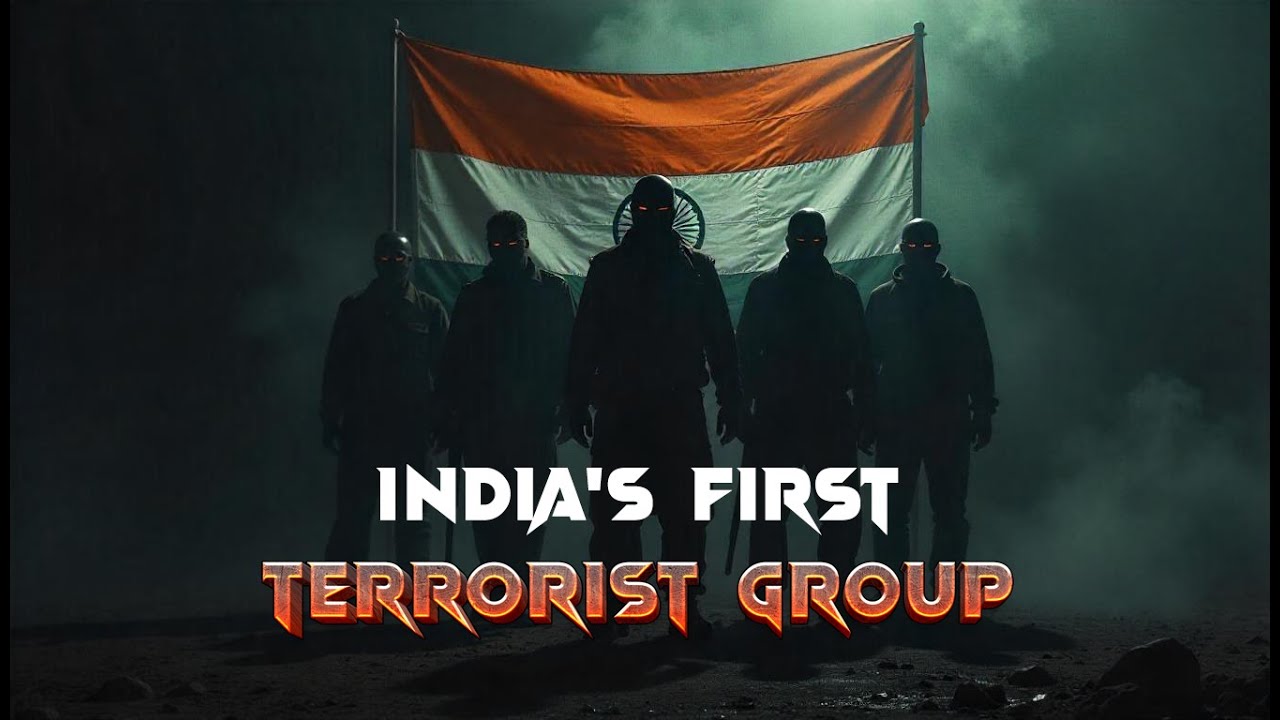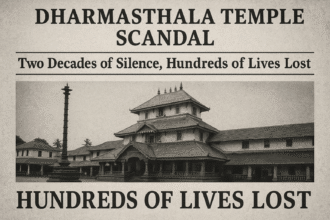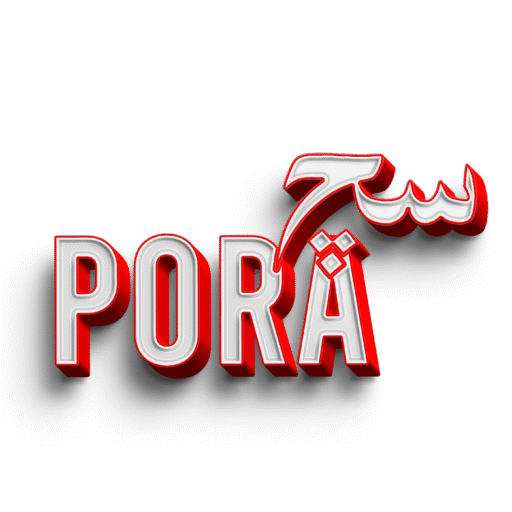Crackdown on Criticism of the Military During PTI’s Rule (2018–2022)
During the tenure of Imran Khan’s Pakistan Tehreek-e-Insaf (PTI) government, several legal and administrative measures were introduced to curb criticism of the military and state institutions. These efforts ranged from legislative proposals to law-enforcement crackdowns and media regulation plans. While not all initiatives became law, they represent a consistent pattern of suppressing dissent and restricting freedom of expression.
1. Criminal Law (Amendment) Bill 2020 – Section 500-A
In September 2020, PTI Member of the National Assembly (MNA) Amjad Ali Khan introduced the Criminal Law (Amendment) Bill, 2020 in the National Assembly. The bill sought to insert a new Section 500-A into the Pakistan Penal Code (PPC). This proposed section criminalized any act that “intentionally ridicules, defames, or brings into disrepute the Armed Forces of Pakistan or any member thereof.” The punishment prescribed was up to two years in prison, or a fine up to ₨ 500,000, or both. In April 2021, the National Assembly Standing Committee on Interior approved the bill by a narrow 5–4 vote, with the chairman casting the decisive ballot.
The bill faced strong backlash from journalists, civil society, and even members of PTI itself. Federal Minister for Science and Technology Fawad Chaudhry dismissed the bill as a “ridiculous idea,” arguing that “respect is earned, not imposed.” Human Rights Minister Shireen Mazari also opposed the move. The bill, however, highlighted the government’s intent to legislate restrictions on military criticism. Although it never made it to the full assembly for final passage, its approval at committee level during PTI’s rule was a significant development in Pakistan’s legal landscape regarding free speech.
Points (Evidence):
-
Introduced by PTI MNA Amjad Ali Khan in September 2020 (JURIST).
-
Proposed Section 500-A in the PPC, punishing criticism of the Armed Forces with 2 years jail and/or ₨ 500,000 fine (Dawn).
-
Approved in April 2021 by the National Assembly Standing Committee on Interior (vote 5–4) (The Diplomat).
-
Fawad Chaudhry: called it “ridiculous” (Dawn).
-
Shireen Mazari: echoed opposition (New Indian Express).
-
Did not become law but showed PTI’s willingness to formalize restrictions on dissent.
2. Crackdown via FIA and PECA (2019–2021)
Alongside legislative attempts, the PTI government actively used existing laws to suppress dissent. The Prevention of Electronic Crimes Act (PECA) 2016 was repeatedly invoked against journalists, political activists, and social media users accused of “defaming” the army or other state institutions. The Federal Investigation Agency (FIA) carried out several crackdowns where activists were arrested, summoned, or harassed for their online posts.
For instance, Interior Minister Sheikh Rashid Ahmed announced in January 2021 that the government would take action “within 72 hours” against anyone making anti-army remarks, signalling a zero-tolerance policy for dissent on social platforms. Several journalists were detained or interrogated during this period, and civil society organisations reported a climate of fear where self-censorship became widespread. The PTI government, while publicly championing freedom of speech, in practice relied on the FIA and PECA to intimidate critics of the military.
Points (Evidence):
-
FIA launched investigations and detained social media users over “anti-army” campaigns (Dawn).
-
Sheikh Rashid vowed “72-hour action” against those speaking against the army in January 2021 (Dawn).
-
Journalists reported harassment, summons, and arrests under PECA provisions (Dawn).
-
Human rights bodies highlighted widespread self-censorship due to fear of reprisals.
3. Pakistan Media Development Authority (PMDA) Proposal – 2021
In June 2021, the PTI government proposed the creation of the Pakistan Media Development Authority (PMDA). This was envisioned as a centralized regulatory body that would replace all existing media regulators and oversee print, television, radio, and digital media under one framework. The PMDA was given proposed powers that were described by journalists as “draconian.”
Under the plan, the PMDA could establish Media Tribunals empowered to hand down sentences of up to three years imprisonment and impose fines up to ₨ 25 million for violations. Every media outlet would be required to obtain an annual license from the authority, effectively putting press freedom under direct government control. The proposal sparked outrage among media workers, opposition parties, and international watchdogs such as Amnesty International, the International Federation of Journalists (IFJ), and the World Association of Newspapers (WAN-IFRA). Critics labelled the PMDA a form of “media martial law.” Due to strong backlash, the proposal was never implemented, but it demonstrated PTI’s intent to institutionalize censorship.
Points (Evidence):
-
Announced in June 2021 by PTI government (Stimson).
-
Proposed to regulate all forms of media (TV, print, digital, radio) under one body.
-
Empowered tribunals to impose 3 years jail + ₨ 25 million fines (Hindustan Times).
-
Condemned internationally: WAN-IFRA, IFJ, IPA, Amnesty all opposed it.
-
Called a “media martial law” by journalists’ associations (The Print).
-
Eventually dropped due to backlash, but revealed intent to curb free press.
The PTI government’s approach to criticism of the military and state institutions was marked by legal attempts, administrative crackdowns, and media regulation plans.
-
The Criminal Law (Amendment) Bill 2020 sought to criminalize criticism of the Armed Forces with prison terms and heavy fines.
-
The FIA and PECA were used extensively to arrest, interrogate, and silence activists and journalists.
-
The PMDA proposal of 2021 threatened to centralize control of all media under government tribunals, with draconian punishments.
Though not all measures were passed into law, the consistent pattern of suppression under PTI created an atmosphere where journalists, activists, and ordinary citizens were afraid to question the military, thereby eroding Pakistan’s fragile freedom of expression.
absolutely ridiculous idea to criminalise criticism, respect is earned, cannot be imposed on people, I strongly feel instead of new such laws Contempt of Court laws should be repealed …. https://t.co/iKMuaK6gwU
— Ch Fawad Hussain (@fawadchaudhry) April 8, 2021
Attacks on Journalists:
In 2021, journalist Absar Alam was shot and injured, and Asad Ali Toor was assaulted by unidentified men, with both incidents linked to their criticism of the government or military. While direct evidence tying PTI to these attacks is limited, the pattern of harassment aligns with RSF’s concerns.
Media Restrictions under Imran Khan and the “Media Predator” Label
During Imran Khan’s tenure as Prime Minister of Pakistan (2018–2022), the country witnessed severe restrictions on press freedom, which ultimately led to him being labeled as a “Press Freedom Predator” by international watchdog organizations.
According to Federal Minister for Information Marriyum Aurangzeb, Khan’s government carried out actions such as attacks, kidnappings, and imprisonment of journalists, while also pressuring media outlets to support the Pakistan Media Development Authority (PMDA). These measures were seen as part of a broader strategy to control public narratives, including criticism of the military or government.
In 2021, Reporters Without Borders (RSF) included Imran Khan in its list of Press Freedom Predators. The organization stated that Pakistan under his rule was “reliving some of the worst moments of its past military dictatorship.”
Key Facts:
-
Pakistan dropped 12 places in the World Press Freedom Index in 2022, ranking 157th globally.
-
Between April 2021 and May 2022, at least 86 documented attacks on journalists were reported, many attributed to state actors.
These developments underline how press freedom came under intense pressure during Imran Khan’s government, earning him the controversial global title of “Media Predator
